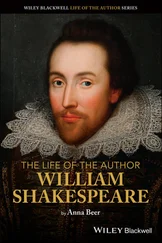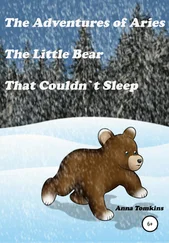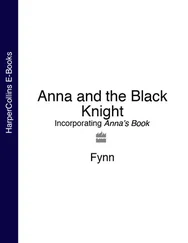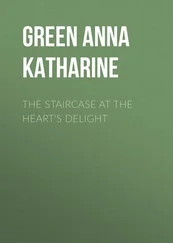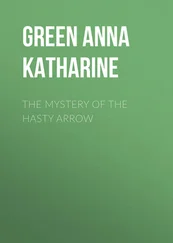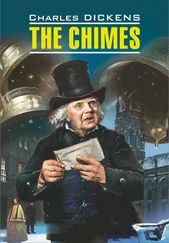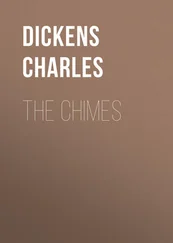All of us. I see the village square, the market place, the old crosshouse, the new assembly hall. I can see nothing bigger than that.
‘What do you mean?’ I ask.
My mother studies me, as if measuring how much I will understand. ‘The world stretches far beyond this farm, Simon, and beyond the Citadel also. We have forgotten to think of ourselves in this way.’
‘What happens to those memories?’
‘I pass them on to someone with more skill than me, with more vision than me. Someone who will keep them for longer. I give them to a woman in London, and she passes them on to someone else, and in this way the network grows strong and the memories stay alive.’
‘What is Ravensguild?’ The name has a strange taste in my mouth, like copper. Like mettle and blood mixed. ‘Who is Ravensguild?’
‘We are,’ says my mother. With difficulty she rewraps the book in the cloth, places it back in the tin and uses the handle of the knife to hammer the lid back on. Then she puts the tin back under the workbench. Amid the other trugs and pots, it becomes invisible, hidden.
She turns to me and her look is either a challenge or an invitation, I can’t be sure.
‘You are,’ she says.

I wake some time before Matins. I wake with the taste of copper in my mouth, like I’ve been sucking on old mettle. And with the echo of Lucien’s arm over my shoulder as I helped him to cross the race. There are other things I newly wake with. A sadness that is different altogether from the cloudy sediment dread bears up. It is dark and solo. I can’t see the bottom of it. And another thing I don’t recognise, a kind of hunger to grab another person and press them as deep into knowing as I’ve gone.
Up until now I’ve been stuck in a dark room that I thought was the whole world. Now there are doors in the room, and the doors lead into new rooms. How far back does it go? What is in the centre?
Then I let myself think of Lucien. I see myself waiting on the race. Lucien hunched in sickness. The both of us standing in another storehouse — the secret twin to ours. I feel his weight on me. And that thought sends light into my arms and fingers. I lie still, letting things settle as they will.
Out in the storehouse, I can hear the others moving. The coiny clink of the kettle, the scrape of the cookstove ashes. Abel whistling a tune known only to himself, holding some half-buried song of his own past.
I push aside the roughcloth curtains and let them fall behind me. All is as it ever was. Clare cuts bread at the counter, measures tea and spice. Brennan skewers bread on the toasting forks. Everything the same.
But the way I see it is different. I see the fine layer of dust across the surfaces, and I see the patterns on the wood. For the first time I see the storehouse in one glance and it is narrow. Even the thick, rough, oil-stained walls feel thin somehow, hardly a shield from the outside world. I shiver. The pact has changed too. We are not one whole, held together by breath and song, but five people, all afraid, all alone.
Abel is young, too young even for a prentisship. Brennan moves with a kind of pushed-down anger that is hardening and going sharp. Clare is too thin. I see all this as if for the first time. And I see the scars on Clare’s forearm. Faint white raised lines walk along under the fair hair. She pours spiced tea and her sleeve rides up and I see fresh cuts, red and pained-looking, scored like a stave, like the notches on the door panel, too neat for accident. Cuts that fade from red to pink to white. Cuts to keep memory, to measure time. Pity moves in me. I look away.
Lucien comes from the balcony, stops at the door and counts notches. Is he different also? Has he changed? Yes, I think. I wait for something to tell me what the distance is between us now, but all I learn is a jangling note. Fear, but fear with a sharp edge. Not dull or murky but bright and pressing. Is that what I’ve gained? Lucien sits. His body the same and different. His wrists and forearms clear and real. The jangling fear is mixed with something else. The happiness begins again inside me and signals in a white flash across some border to the happiness of last night. The two join together and make a new territory, a completely different key, white searching notes. A door opening. Hereafter.
I look for a signal from Lucien, but there is none.
‘By my count today is a day for trade,’ he says. ‘So trade it is. We will go together to the market at Barrow.’ He hums the tune that reminds us of the path from the storehouse, the vast crosshouse of South Walk a flourish of stern minor notes.
‘Good,’ says Clare. ‘We cooked the last rabbit yesternoch.’ And Lucien nods, grave and absentminded.
I stand still at the edge of my quarters. He can’t be serious. The Order are looking for him. There is a prize of two hundred tokens set for him. And he talks of going into the city to trade?
‘Simon,’ Lucien calls over his shoulder to where I am standing. A different voice, his old voice. Imperious and distant. ‘Join us, if you please. Onestory commences.’
And as if the measure is inside him, the Carillon sounds for ensemble. The pact gathers round in a sung chord. We are a guild. A world. Small, fragmented, afraid, perhaps — but we come together in the downsounding as one.
Down the race, past the cranes and onto the river. Abel not yet well enough to join us and our footfalls sound hobbled and absent without his tread. By Limehouse Caisson, Clare crouches in the muck where it’s brown and cold and agleam, dips her hands to the river like she wishes she could go right in. Brennan and I walk on. Lucien, up ahead, bites at the air to taste it and see where the wind’s coming from.
Once he’s had his fill of morning air, he starts off at a pace that tells us follow, and so we do. And I see that he is leading us somewhere else, not straight to market, but to Harry.
Harry’s been on the river forever. Always under one of the bridges, though you can never guess which. I try to catch up to Lucien, fall into step beside him without it seeming forced or unusual to the others, who are running behind. But Lucien moves presto under the bridges, always a few beats ahead until we’re at last into the lea of Cannon Street. And there he is, Harry, swaddled in roughcloth, his beard threaded with shell and weed. Just up from the half-wash of the river, where he can sift and sort the pebbles he uses for his forecasts. His trolley is pushed up between the rotted struts of the bridge, and inside are the blue stickwrap bags where he ports his memories. He has his little kettle and sterno on to boil thameswater for tea. It smells of tide and leaves.
Lucien has the pact wait out on the strand, but he hooks his finger at me to come with him. ‘What are you doing?’ I ask piano, underbreath. He says nothing.
The air under the bridge is thick with woodrot. We crouch on the sand and pebbles, and Lucien shows Harry his palms, so I follow suit. Lucien hums a greeting piano and reaches in his knap for a pouch of drum, which he unrolls from its stickwrap and proffers. He does it as if he’s ignoring Harry, as if it were by accident we are there at all. Harry murmurs and mutters like an old housebound dog, sore because you’re able to get up and come and go when you want.
It’s dark enough that Lucien can see a bit in the hood of the bridge. The stones are brown and green like the river made all the colour emerge. It all returns to the river anyway — stonegrey, greybrown, mudbrown, stonegreen. Water moving slow there, and time too.
Читать дальше
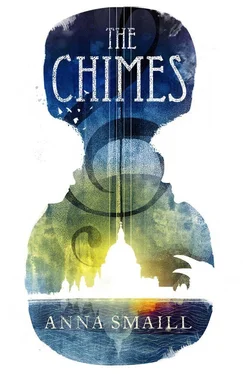


![Чарльз Диккенс - Колокола [The Chimes]](/books/395589/charlz-dikkens-kolokola-the-chimes-thumb.webp)
